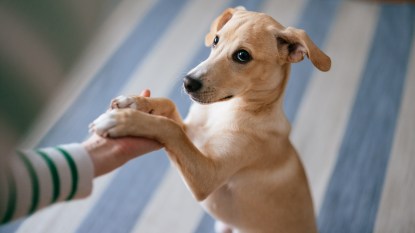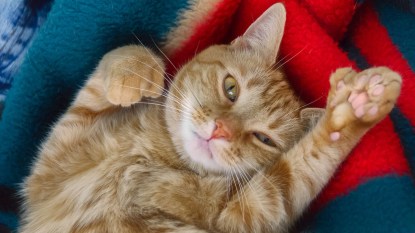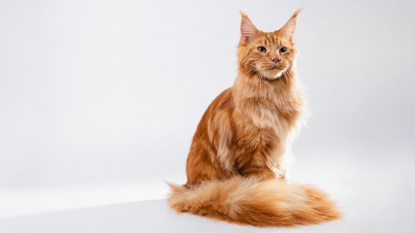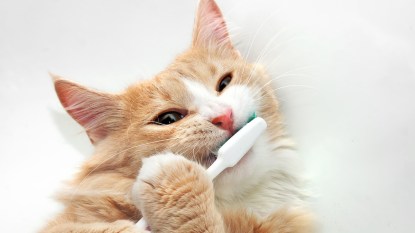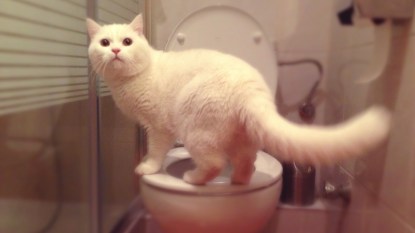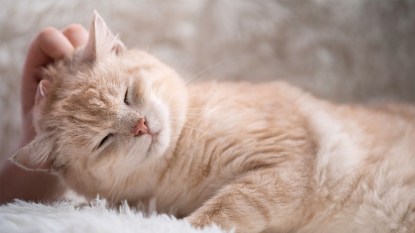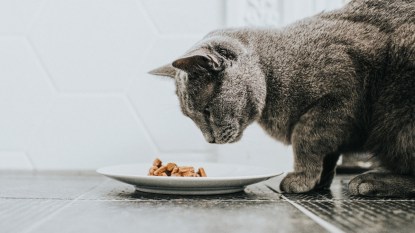Bengal Cat Personality: Vet Explains What Makes This Gorgeous Breed So Unique
Read on to see a variety of beautiful Bengals!
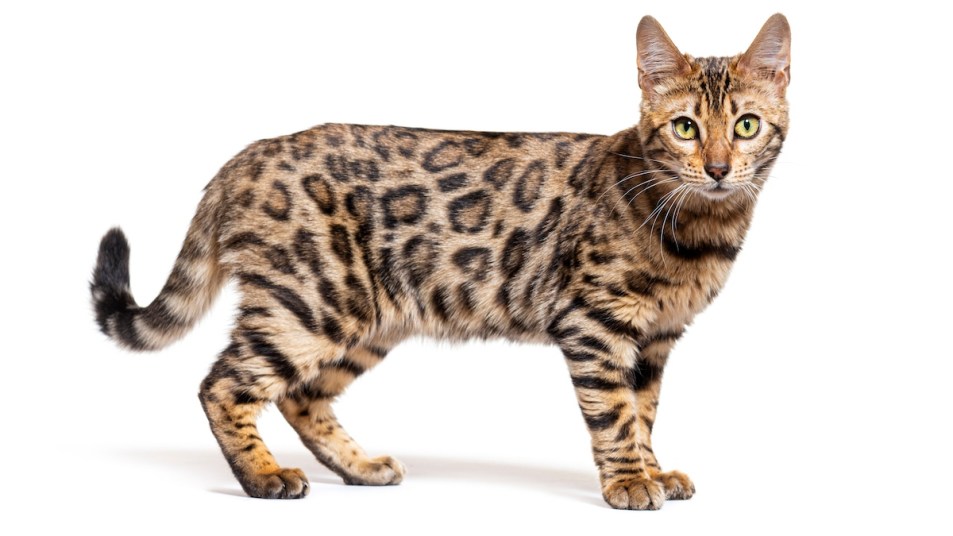
Bengals are some of the prettiest cats around, and they’ve recently become social media superstars thanks to their stunning, leopard-like coats. Bengals are coveted by many cat lovers due to their rarity. And a true Bengal cat is purebred, which means you’re unlikely to find one at your local animal shelter. There are also a number of distinctive Bengal cat personality (or should we say purr-sonality?) traits that go beyond just being cute. Read on to learn precisely what makes Bengals so special.
Bengal cat personality
While it’s difficult to make generalizations about the personalities of average Domestic Shorthair cats due to their mixed genetic backgrounds (nope, there isn’t any one-size-fits-all personality profile for orange cats, as much as people may like to think there is!), when it comes to purebred cats like Bengals, there actually is a distinct personality profile — and it’s quite a handful!
Related: Orange Cat Behavior: Vets Explain the Quirks That Make These Colorful Kitties So Special
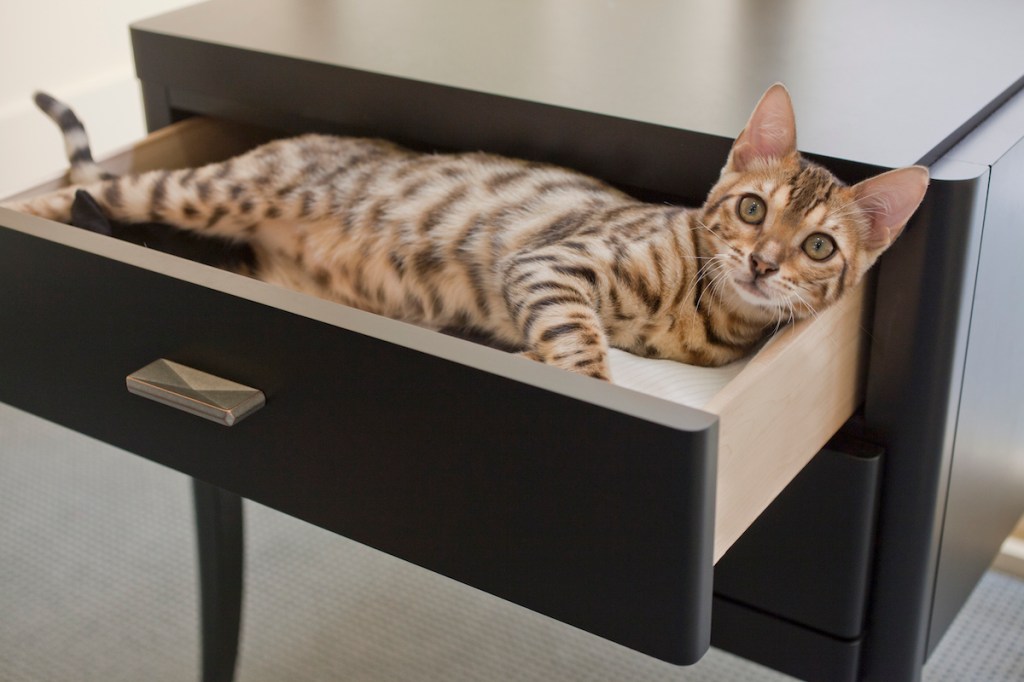
“Bengal cats are not for everyone, as they are not like your typical domestic cat,” explains Dr. Preston Turano, a veterinarian and representative for Felix Cat Insurance. While many Domestic Shorthairs are able to be left alone during the day due to their chill, self-reliant natures, Bengals are a bit more high-maintenance. “They need plenty of things to do during the day to keep them out of mischief,” says Dr. Turano.
Related: Maine Coon Characteristics: What Makes These Majestically Fluffy Cats So Special, According to a Vet
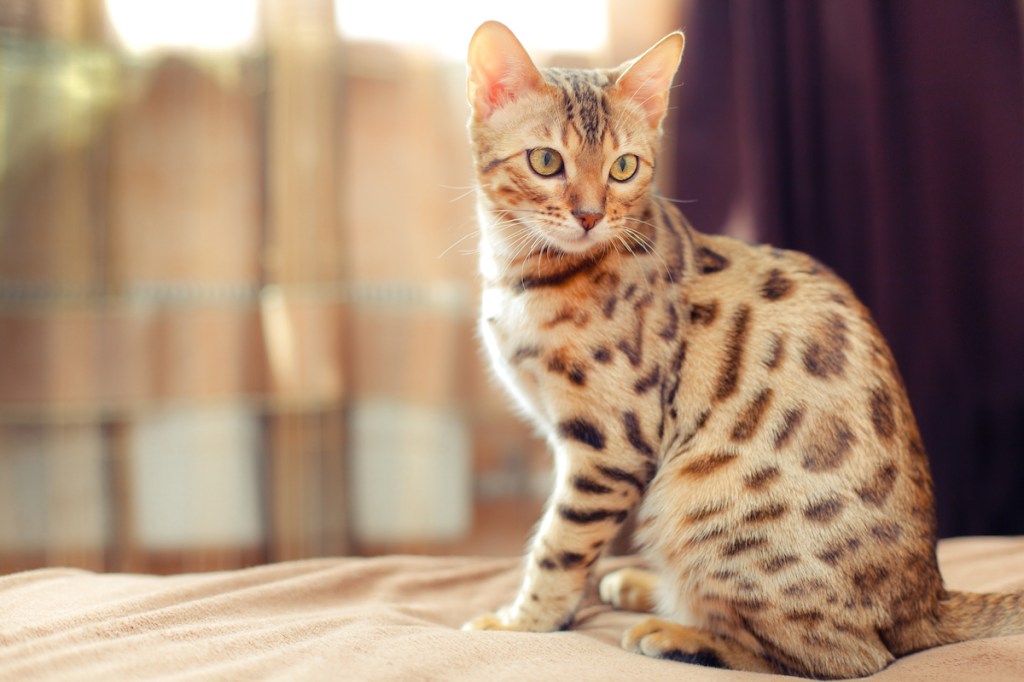
Bengals are known for needing more playtime than the average cat, and they maintain high energy levels at all ages. “They are very curious, intelligent and strong,” Dr. Turano says, “They’re also quite social and like to interact regularly with their pet parents.” If you’re considering getting a Bengal, be prepared for many games of chase and fetch!
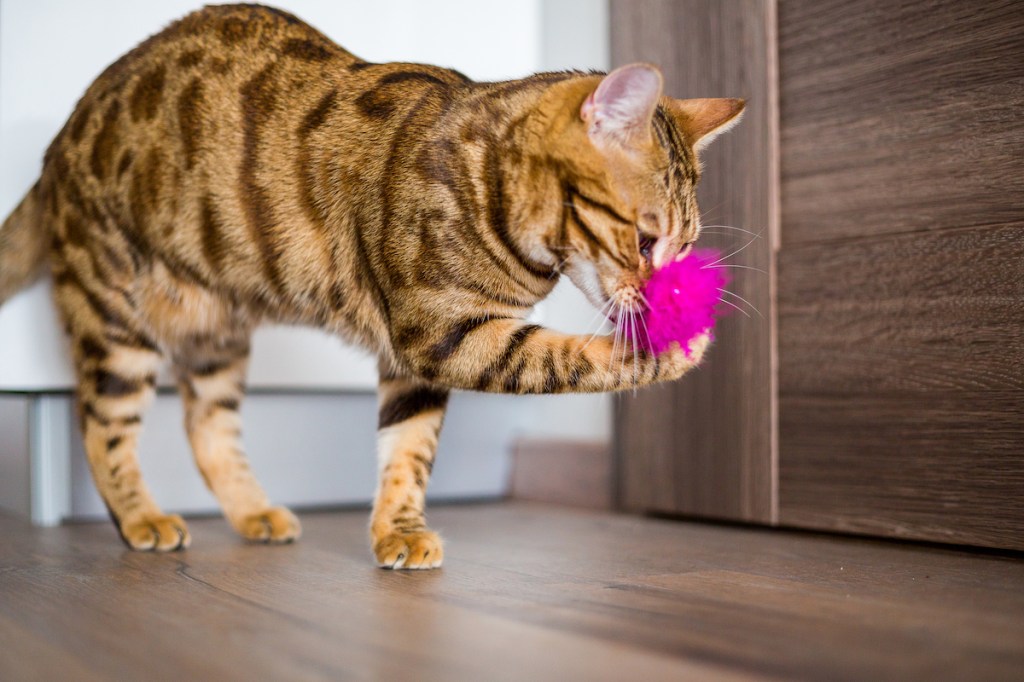
The challenges of Bengal cats
It’s often said that you shouldn’t become a Bengal parent unless you have prior experience with the breed. This is due largely to the energetic, quirky nature that makes them so lovable. “Bengal cats require a lot of attention, activity, and at times, patience,” explains Dr. Turano. “If you are looking for a companion that you can just leave for the day, then the Bengal is not for you.” However, if you have ample time, energy and motivation, a Bengal could be a great fit for your lifestyle, and the Bengal cat personality may appeal to those of us who are looking to be more active.
Related: Are Ragdoll Cats Hypoallergenic? Sort Of, Say Experts — Plus 7 Other Allergy-Friendly Kitties
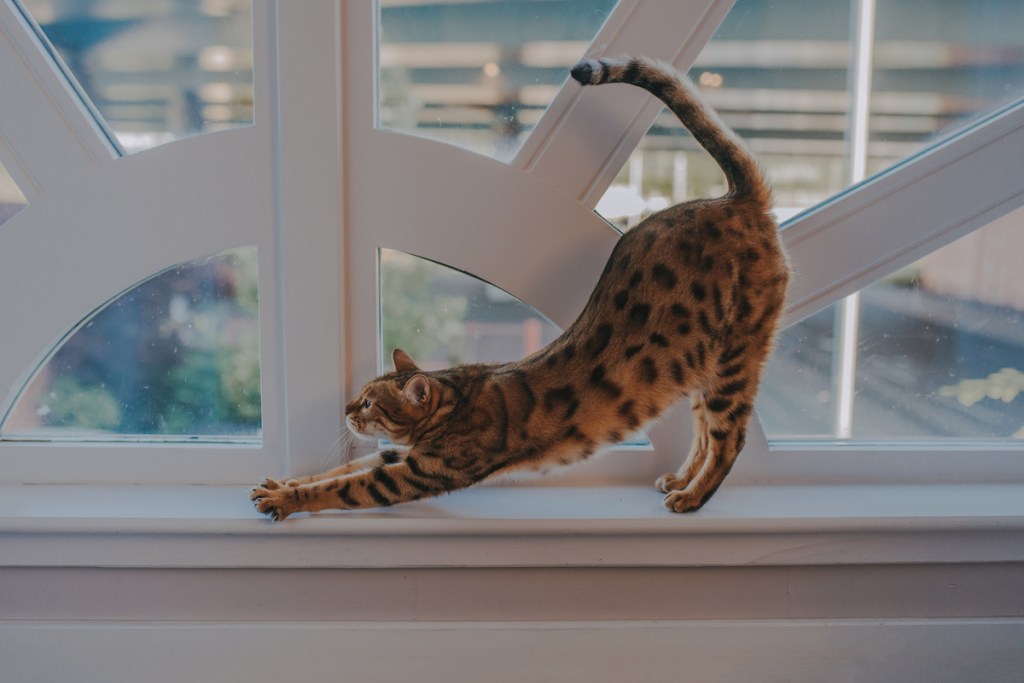
If you have a Bengal, you’ll also need to make a real effort to cat-proof your home. “A bored Bengal has the potential to cause a lot of damage to your house or themselves,” warns Dr. Turano, and it’s up to you to keep them entertained. This may sound intimidating, but Bengal owners say the unique beauty and fascinating personalities of these cats make all the struggles well worth it.
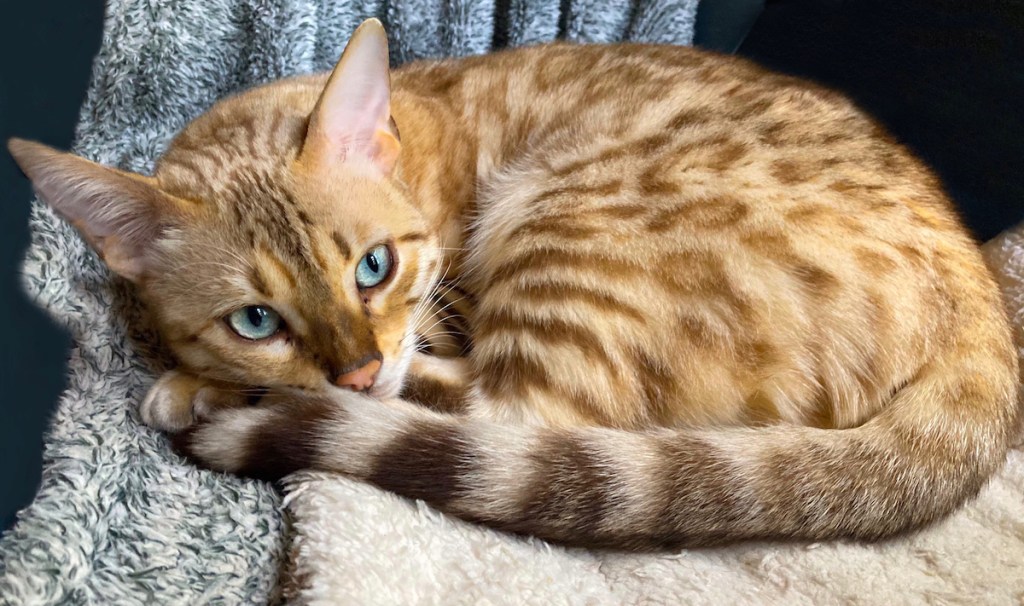
Fun facts about Bengal cats
Bengal cats are one of the more exotic breeds out there. As Dr. Turano explains, “Bengals were created by crossing the Asian Leopard cat with a domestic cat.” Because of this lineage, they’re illegal in a handful of states, including New York. This wild ancestry is responsible for both the striking aesthetic of Bengals and their seemingly endless energy. Letting a small leopard into your home may sound scary, but Dr. Turano notes that “Today, most Bengals come from Bengal-to-Bengal bloodlines.”
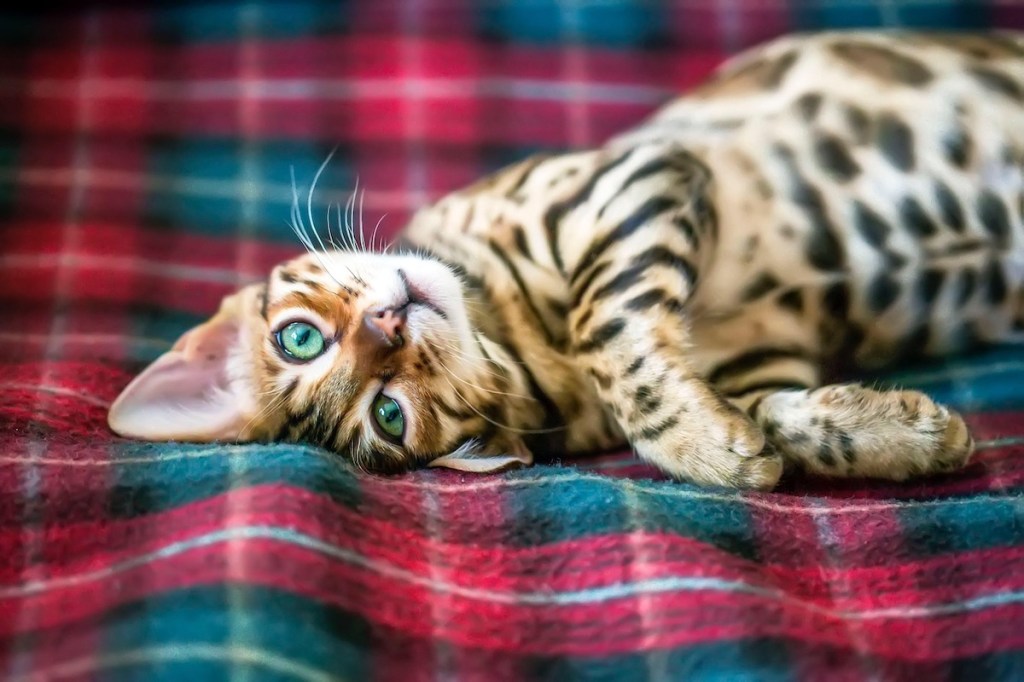
Bengals are also known for being vocal. “They seem to always have something to say, especially when it’s feeding time!” says Dr. Turano, and they love to chirp and trill. The wild roots of Bengals can be seen not just in their constant chasing and chirping, but also in their unusual interests. While most cats don’t particularly like water, Bengals, like their ancestors, are known to love it. Bengals enjoy exploring all areas of their home, including the bathtub, and they may even want to jump in while you’re showering and splash around!
Related: Cat Trilling: Vets Reveal the Secret Message Behind Those Cute Kitty Chirps
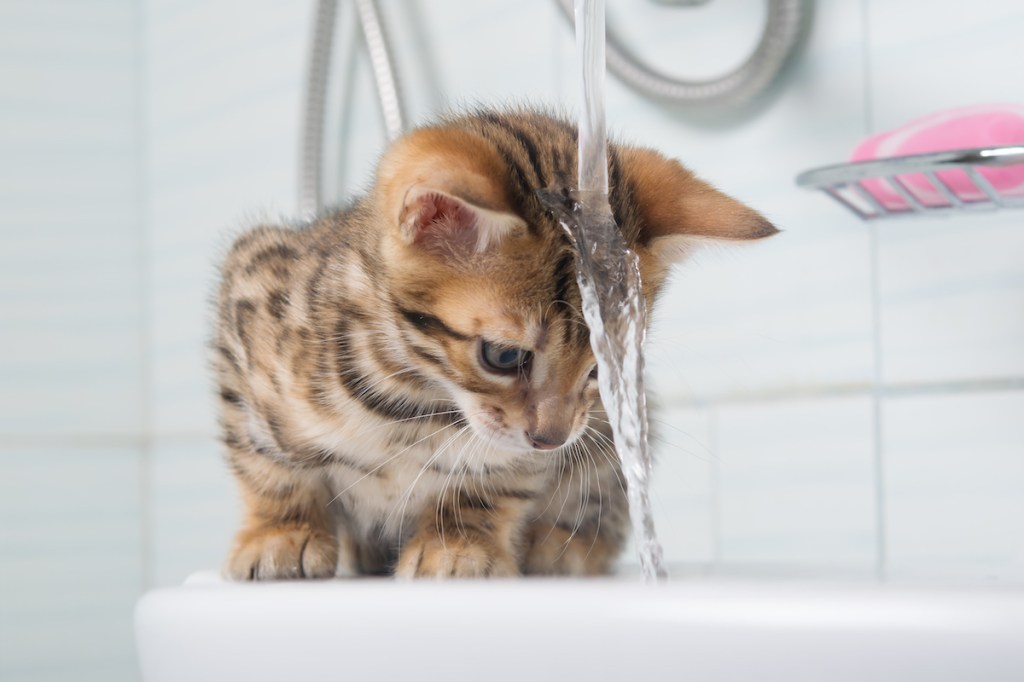
The Bengal cat personality is a truly multifaceted thing, and while Bengals can be challenging at times their soft, spotted coats, expressive meows and eternal love of play make them undeniably rewarding kitty companions.
Read on for more cat stories!
Cartoon Cats: Fun Facts About Our Favorite Animated Felines
What to Do When Your Cat Won’t Eat — and Why His Whiskers May Be to Blame
Why Do Cats Drool? Vet Explains the Reason + When You Should Be Concerned


